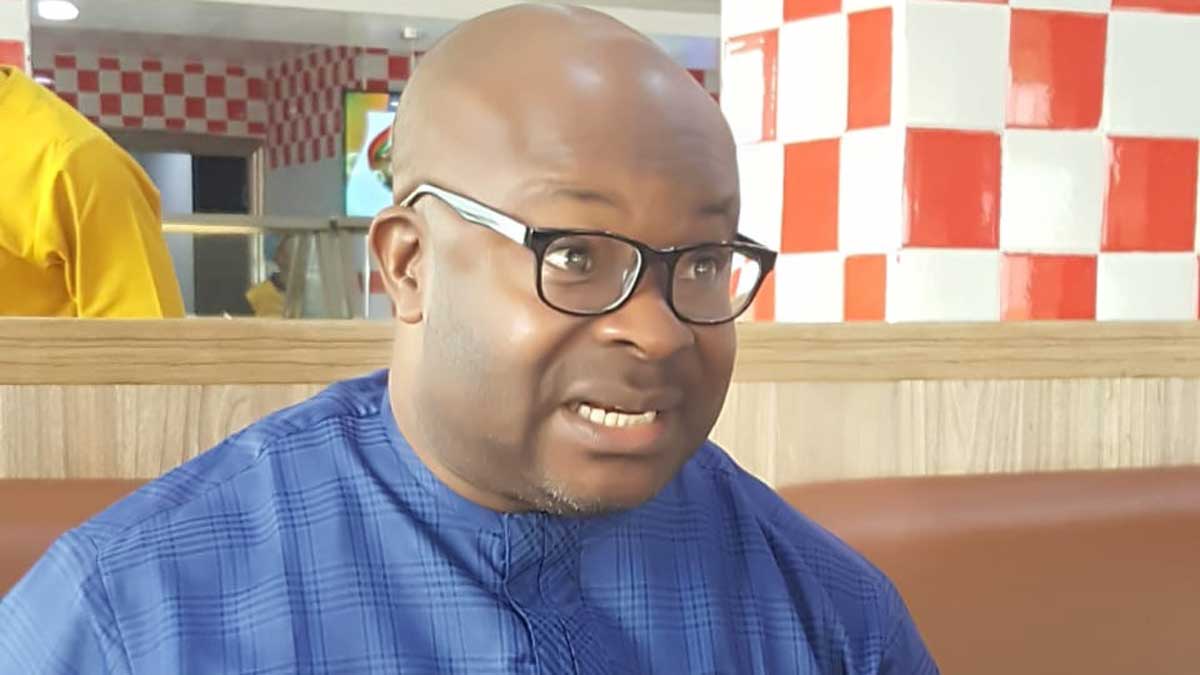
Deputy Editor, The Guardian, Joseph Onyekwere, has identified new media as a vital platform that enhances covering court proceedings.
Speaking at a media roundtable organised by the Society of Digital Newspaper Owners of Nigeria (SDNON) in Lagos, recently, he said there is need to push deployment of technology in gathering and posting stories as well as engage in advocacy for total judicial automation.
With the theme, “Reporting Judicial Matters Using New Media,” he noted that using new media to report judicial matters is a product of legislation.
He said this is because the judiciary is very conservative in Nigeria and is yet to be reformed to such a point where electronic gadgets are permitted in the courts.
According to him, “the entrance of the Internet revolutionalised the media industry. In addition to the Internet are the production of hitech devices and other micro modern facilities that aid the gathering and distribution of stories.”
Today, he said phones or tablets could be used within the court premises to take notes during proceedings, write copies and file stories immediately.
In Nigeria, he said the use of recording devices is not allowed inside the court. But in other jurisdictions such as South Africa, he noted that the new media is highly deployed.
According to him, “many of us watched live proceedings of the trial of Oscar Pistorius, the country’s ex-amputee sprinter, who shot and killed his model girlfriend, Reeva Steenkamp, in 2013. The entire proceeding was televised live from the beginning to the end. In my view, that is the way to go.”
He described court reporting as very technical, and many reporters run away from the beat. Apart from being a technical area, he said court proceeding has to do with conflict.
“You are reporting conflict between two or more parties, which means that the fellow who loses the case would not be naturally happy with you. So, the judiciary desk is the one that brings the highest number of defamation litigation in a media house. As long as you cover the judiciary, some people would definitely be displeased with you.”
To this end, he advised themedia to report accurately.He further suggested, “don’t interview lawyers outside the court to add to your story. What the lawyer says outside the court will not be in the Certified True Copy (CTC) of the day’s proceedings. You are on your own if you misrepresent the court.”
Conclusively, he advised SDNON members to push – the reformation of the judicial system in Nigeria to accommodate live coverage of court proceedings.



